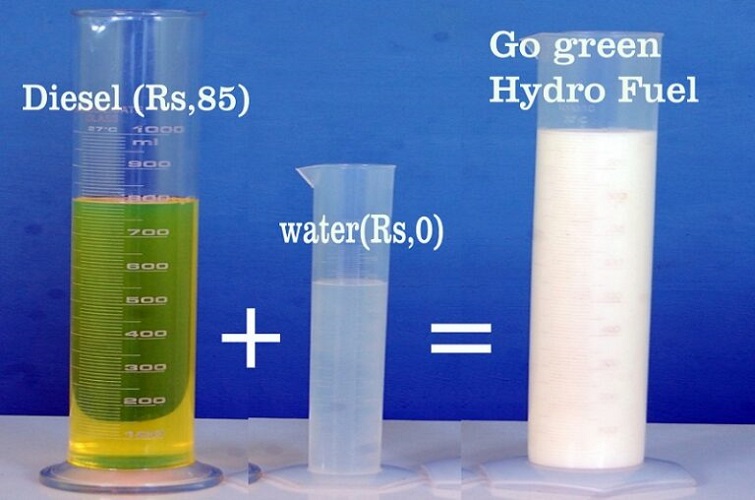Diesel engines are workhorses and dominate in demanding sectors such as heavy-duty transportation, construction, mining, agriculture, power generation, etc. They are reliable, durable and relatively easy to maintain and offers better fuel economy as compared to gasoline engines. Diesel engines have significant influence on social and economic aspects around the Globe. It has certainly influenced the world economy to certain extent and till date diesel power is dominating. In the situation where continuous power supplies, Diesel generator backup support becomes an essential requirement particularly for a large-scale business unit.
Diesel engines traditionally emit higher level of NOx and particulate matter as compared to Petrol engines. In the current situation, automotive sector has progressed significantly and demanding stringent control on pollution. In India, Euro VI emission regulation has been implemented since April 2020 which puts advanced level of emission controlling devices commonly called DPF and SCR [for diesel engines]. These advance technologies are requiring different type of diesel fuel and lubricating oils. Though diesel power shaped the global development, Environmentalists forced the Automakers to turn out for substitute of I.C. ENGINES by batteries. Future of diesel fuelled vehicles is becoming uncertain due to introduction of e-vehicles.

Clean air is essential for planet, human and economic health. The Organization of Petroleum Exporting Countries (OPEC) is getting in action to hold the diesel fuel for many decades without compromising the environment. At the same time, Industry Professionals strongly believe that diesel fuel will be in action for many decades to power the global economy. Our Honourable Union Minister for Road Transport and Highways also invigorated the automakers to consider move for Flexible Fuel Vehicles. The flexible-fuel vehicle is different from traditional bi-fuel vehicle and can operate with a different type of diesel fuel.
Go Green Hydro Fuel, a promising eco-friendly green fuel having water/diesel mixture. It will create a new dimension for combustion of water/ diesel inside the engine. Go Green Hydro Fuel will replace diesel to the tune of 15-30{29395a375d156e93286dd6e7185ccfdd643af63705165a979bd3711654ea3aad} by water and will have characteristics similar to normal diesel as the proposed fuel’s calorific value is almost equal to normal diesel. The use of Go Green Hydro Fuel is a positive approach to reduce emissions and fuel consumption without any modification in existing engine setup. It is understood that micro explosion and secondary atomization of nano-level water vapours significantly enhance the engine performance.

Preliminary experiments have been executed by many researchers and confirmed the positive attributes of Go Green hydro fuel. However, Go Green Bio Energy India PVT Ltd is a pioneer for the Go Green hydro fuel project in India and has setting up processing unit all over India. It has also set up separate R&D divisions in Bangalore and Ahmedabad to deal with the technical requirement of Go Green hydro fuel. also focusing on longer stability period for water/ diesel blend using organic additives and also involved in the development of higher calorific value fuel with nanoemulsion, Go Green hydro fuel is the first Cutting edge higher calorific value of water/diesel nanoemulsion fuel. As Go Green hydro fuel is having large amount of water, we are also considering compatible hardware material and lubricating oil. In order to maintain the reliability of engine operation, it may involve use of special type of lubricating oil. nano emulsified Go green hydro fuel will boost the engine performance, The outcome of our efforts will certainly meet the Automaker’s and Users expectations while keeping the Diesel power alive for many decades without compromising the environmental health.
CEO: Naveen Pawar (Founder)
R&D: Madhu H.N. (Hydro Fuel Development)
Dr.Suresh Vellaiyan,(Hydro Fuel Development)
M. Gupta (engine oil)
This article includes sponsored content. The views expressed are those of the sponsor and do not necessarily reflect the official policy or position of our publication.

